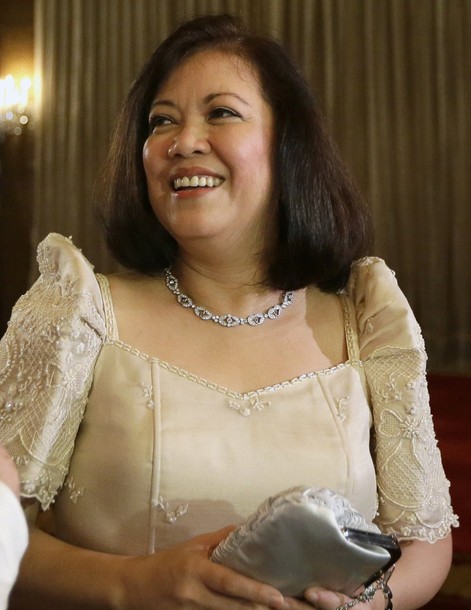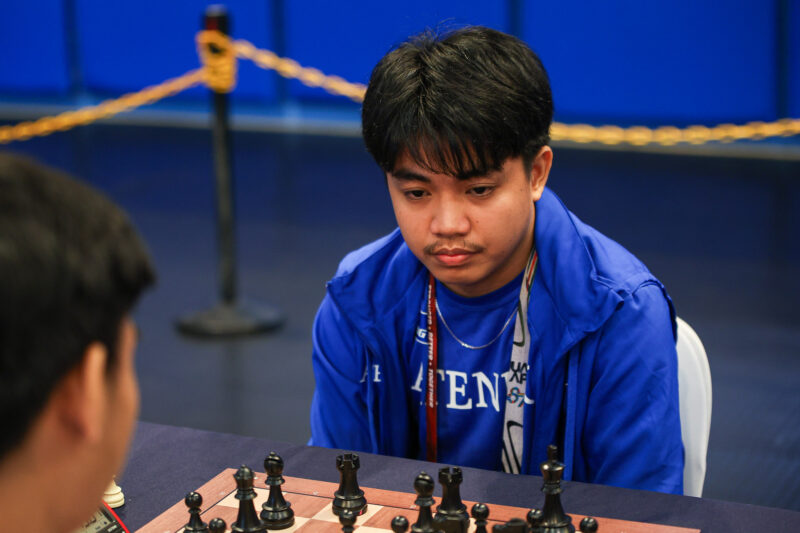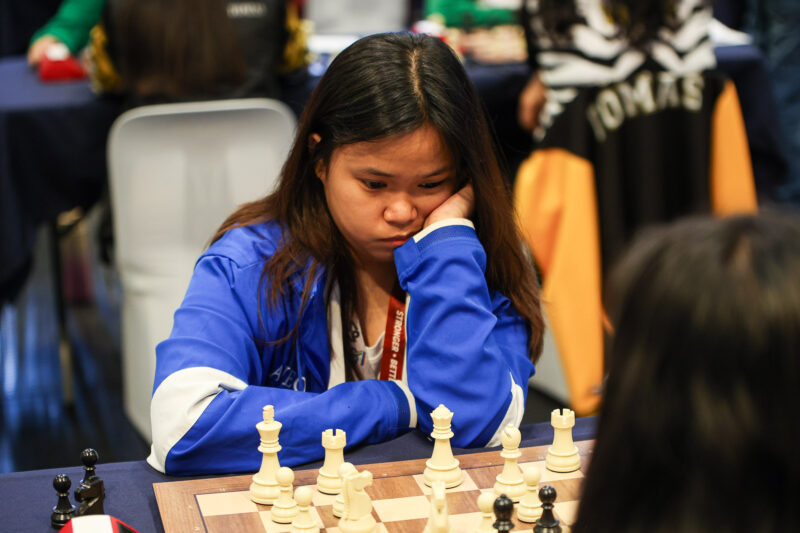
FIRST FEMALE CHIEF JUSTICE. Newly appointed Chief Justice Maria Lourdes Sereno took her oath at the Malacañang Palace last August 25. Photo by Bullit Marquez for AP Photo
PRESIDENT BENIGNO Aquino III has appointed former Associate Justice Maria Lourdes Sereno as the 24th chief justice of the Supreme Court of the Philippines. Sereno is the first female judge to hold the position. At 52 years old, she has 18 years to serve in the judiciary before reaching the mandatory retirement age of 70.
Positive outlook
Optimism welcomed the appointment of the new chief justice.
Presidential Spokesperson Edwin Lacierda announced, “The president is confident that Chief Justice Sereno will lead the judiciary in undertaking much-needed reforms.”
In an email interview with The GUIDON, lawyer Renato Puno, alumnus of Ateneo Law School (ALS) and managing partner of the law firm Zulueta, Puno, and Associates, commended the president’s choice, saying, “She will make the improvements that are most needed because she is decided about the reforms she wants to make in the judiciary.”
The new CJ
Sereno graduated from the Ateneo de Manila University with a bachelor’s degree in economics in 1980, and later earned a bachelor of laws degree from the University of the Philippines, where she graduated class valedictorian in 1984.
In 1993, she earned a master of laws from the University of Michigan Law School.
Prior to being appointed as associate justice, she worked at the Asian Institute of Management Policy Center as executive director and taught at the University of the Philippines College of Law. She has also worked as a consultant for the United Nations, World Bank and US Agency for International Development.
The shortlist
President Aquino chose from a shortlist that the Judicial and Bar Council (JBC) submitted. The list included five associate justices of the Supreme Court and the three others from different institutions.
The shortlist included associate justices Antonio Carpio, Roberto Abad, Arturo Brion and Teresita Leonardo-De Castro, all of whom were more senior than Sereno during the time of her appointment.
Cesar Villanueva, former dean of the ALS, Francis Jardeleza, deputy ombudsman for Luzon since 2011, and Ronaldo B. Zamora, representative of San Juan in Congress from 1987 to 2010, completed the list.
The selection process
The eight-member council implemented reforms in the application process, such as requiring the nominees to submit their respective statements of assets, liabilities and net worth (SALN) and a waiver that privileges the JBC when it comes to the confidentiality of local and foreign currency accounts.
The JBC also made the screening process and interviews with nominees more public through increased media coverage and live telecasts, citing the principle of transparency.
Ateneo School of Government Dean Antonio La Viña gave a positive view on this process, saying that “they [JBC] have been systematic. I think it’s a good thing that they have interviews.”
In contrast, lawyer Robert Sison, an ALS alumnus, said that “[the process] is too political. The selection should be done by the JBC alone without having to leave the choice to the incumbent present from a shortlist.”
Sison noted the lack of impartiality of justices, and mentioned that “justices of the Supreme Court and other judicial members in the lower courts somehow owe a large debt of gratitude to the appointing power.”
Regaining public trust
La Viña said that “access by the poor to justice” is an important issue that needs to be addressed. “Congestion, speed of justice, cost of obtaining justice. All of that adds up if you’re poor—you have no chance [in] any of your cases or for your defense to prosper because it’s too expensive,” he explained.
On the other hand, Puno emphasized the need for the restoration of public trust in the judicial system and its appointed members.
“Recent events which involved the judiciary may have undermined the people’s faith and trust in the institution. In order to restore public confidence in our courts, it is important for the [new] chief justice to focus on the following aspects: integrity, accountability, competence, independence, and salaries and wages,” he said.



